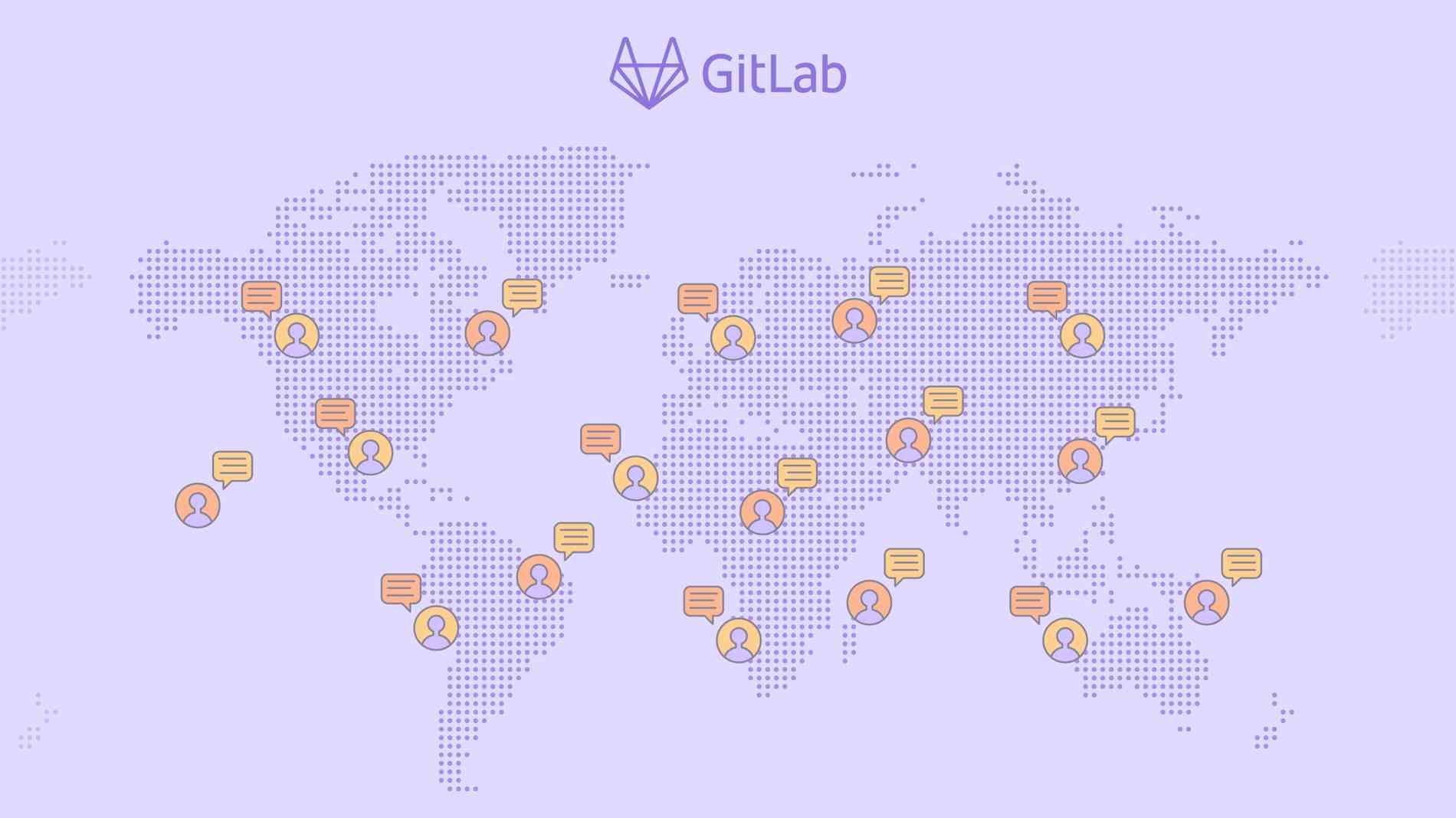Published on: March 6, 2020
4 min read
Resources for companies embracing remote work
We're sharing our comprehensive guide to remote work with companies who are now embracing a remote environment.

Due to global issues concerning COVID-19 (Coronavirus), there has been a notable shift in appetite for working remotely. Companies previously against remote work are suddenly considering remote or implementing remote, with varying degrees of intentionality.
In the coming weeks and months, your company may have short- or medium-term needs to establish a work-from-home protocol, even if you’re unsure about long-term commitment to remote, and how it will impact your business.
Resources for going remote

Given these realities, companies are being tasked with advising their workforce on how to work from home. With no warning, this is a tall task.
Thankfully, these companies do not have to start from scratch. As the world's largest all-remote company, GitLab has learned a lot in scaling from a few people scattered across Europe to a 1,200+ person team in over 65 countries and regions.
We've built a remote work emergency toolkit for leaders and managers, and a remote work starter guide for employees. This is a fast boot guide with five things you can focus on right now to maximize stability.
Additionally, we’ve architected dozens of comprehensive guides to implementing remote, covering topics such as:
- Pitfalls to watch out for when embracing remote
- Embracing asynchronous communication
- Transitioning a company to remote
- How to use forcing functions to work remote-first
- Combating burnout, isolation, and anxiety
- Understanding the phases of remote adaptation
- Remote onboarding
- Meetings
- Management
- Asynchronous workflows
- Handbook-first documentation
- Adopting a self-service mindset
- Learning and development
- Workspaces
- Informal communication
- Scaling
- Getting started in a remote role
- Communicating effectively and responsibly through text
All of these guides are open, and we encourage other companies to study them, copy them, implement them, and even contribute learnings back to them. It’s an end-to-end toolkit on getting started with remote, iterating as a team, and thriving in an officeless environment.
Remote work benefits your customers
As a recent Economist article points out, COVID-19 is causing companies to rethink their business from a supply chain perspective. Having a remote workforce can lessen the disruption of the supply chain if the product is not a tangible good or service. At GitLab, utilizing a SaaS model and being an all-remote company has provided resiliency to these issues. Our supply chain is not affected by the global impact of COVID-19; however, onsite services may be limited in affected areas.
GitLab, the open source product, and other tools like Zoom and Slack help teams collaborate through asynchronous workflows which not only enable remote work, but may be helpful in times of global crises.
The importance of in-person interactions
As an all-remote company, in-person interactions don’t occur by default. In turn, GitLab is intentional about ensuring that team members are given opportunities to meet other team members in a shared physical space. Each year, GitLab offers every team member the opportunity to gather in a new city for a week-long unconference. Whereas most summits are focused on networking and productivity, GitLab Contribute is unique. Our team bonds over video calls year-round, so this week of in-person excursions is one that many mark on their calendar as can’t-miss. When your default is virtual, the chance to explore a new place with colleagues is invaluable.
With the increased impact of COVID-19 across the world, we have made the difficult decision to cancel the planned March 2020 edition of Contribute. The health and safety of our team members and the community in the city we visit is our highest priority. We are disappointed, but believe this to be the best decision for everyone involved.
Beyond Contribute, we are monitoring the situation carefully and providing team members with CDC recommendations to help avoid sharing contagious viruses or illnesses when traveling or meeting with other team members. Our global, all-remote structure allows us to continue work as usual with video calls, chat, and other collaboration tools and services to avoid unnecessary travel.
Everyone can contribute
Sharing our learnings with the world is at the heart of our mission: everyone can contribute. GitLab believes that all-remote is the future of work, and remote companies have a shared responsibility to show the way for other organizations who are embracing it. If you or your company has an experience that would benefit the greater world, consider creating a merge request and adding a contribution to the all-remote handbook.
We want to hear from you
Enjoyed reading this blog post or have questions or feedback? Share your thoughts by creating a new topic in the GitLab community forum.
Share your feedback